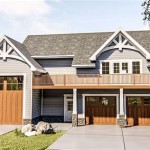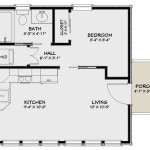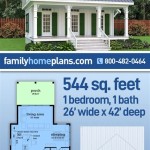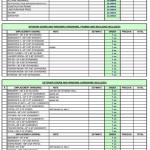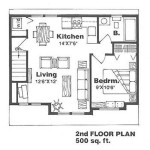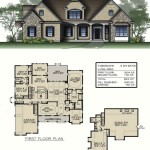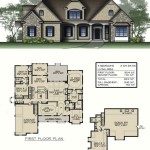Floor Plans for Tiny Homes: A Guide to Maximizing Space
Tiny homes have become increasingly popular in recent years due to their affordability, environmental friendliness, and unique charm. Designing the perfect floor plan for a tiny home is crucial to ensure both functionality and comfort. This guide will provide you with essential tips and considerations for creating a well-planned floor plan for your tiny home.
Layout and Flow
The layout of your tiny home will determine how well it functions. Consider how you will move through the space and which areas need to be connected. A well-defined flow will minimize wasted space and create a sense of openness. Open floor plans are popular in tiny homes, as they make the space feel larger and allow for multiple uses.
Functionality and Storage
Every inch of space in a tiny home is precious, so it's important to design for maximum functionality. Built-in storage solutions, such as shelves, drawers, and cabinets, are essential to keep your belongings organized and out of the way. Consider multi-purpose furniture that can serve multiple functions, such as a bed with built-in storage.
Natural Light
Natural light is crucial for creating a healthy and inviting living environment. Incorporate windows and skylights into your floor plan to maximize natural light. This will make the space feel larger, reduce energy costs, and improve your mood. Place windows strategically to take advantage of views and avoid direct glare.
Sleeping Arrangements
The sleeping arrangements in a tiny home are often a challenge. Consider various options, such as loft bedrooms, Murphy beds, or convertible sofas. Maximize vertical space by using a loft bedroom, which frees up floor space for other functions. Murphy beds can be folded away when not in use, creating more room during the day.
Kitchen and Bathroom
The kitchen and bathroom are two of the most important areas in a tiny home. Optimize space in the kitchen by using compact appliances and storage solutions. Consider a galley-style kitchen, which features a long, narrow layout with appliances and storage on either side. In the bathroom, use space-saving fixtures, such as a shower-toilet combination or a wall-mounted sink.
Outdoor Space
Even tiny homes can benefit from outdoor space. If possible, incorporate a small patio or deck into your floor plan. This will provide you with a private retreat to enjoy the outdoors and extend your living space. Consider using vertical planters or hanging gardens to maximize space and add greenery to your outdoor area.
Additional Considerations
In addition to the above considerations, there are several other factors to keep in mind when designing a floor plan for a tiny home:
- Flexibility: Design your floor plan to be as flexible as possible to accommodate different needs and uses.
- Style: Consider the overall style you want for your tiny home and choose a floor plan that complements it.
- Regulations: Make sure your floor plan meets all applicable building codes and regulations.
By carefully considering these tips and considerations, you can create a well-planned floor plan for your tiny home that maximizes space, functionality, and comfort. Remember to prioritize your specific needs and lifestyle to design a home that truly meets your aspirations.

Affordable Tiny House 18 X 28 Adu In Law Cabin

Tiny House Floor Plans With Lower Level Beds Tinyhousedesign

16x16 Tiny House 446 Sq Ft Floor Plan Model 18

27 Adorable Free Tiny House Floor Plans Craft Mart

27 Adorable Free Tiny House Floor Plans Small

Tiny House Floor Plans 32 Home On Wheels Design

10 X 20 Tiny Home Designs Floorplans Costs And Inspiration The Life

2 Bedroom Tiny House Plans Blog Eplans Com

Tiny House Plan Examples

Tiny House Floor Plans Design Your


